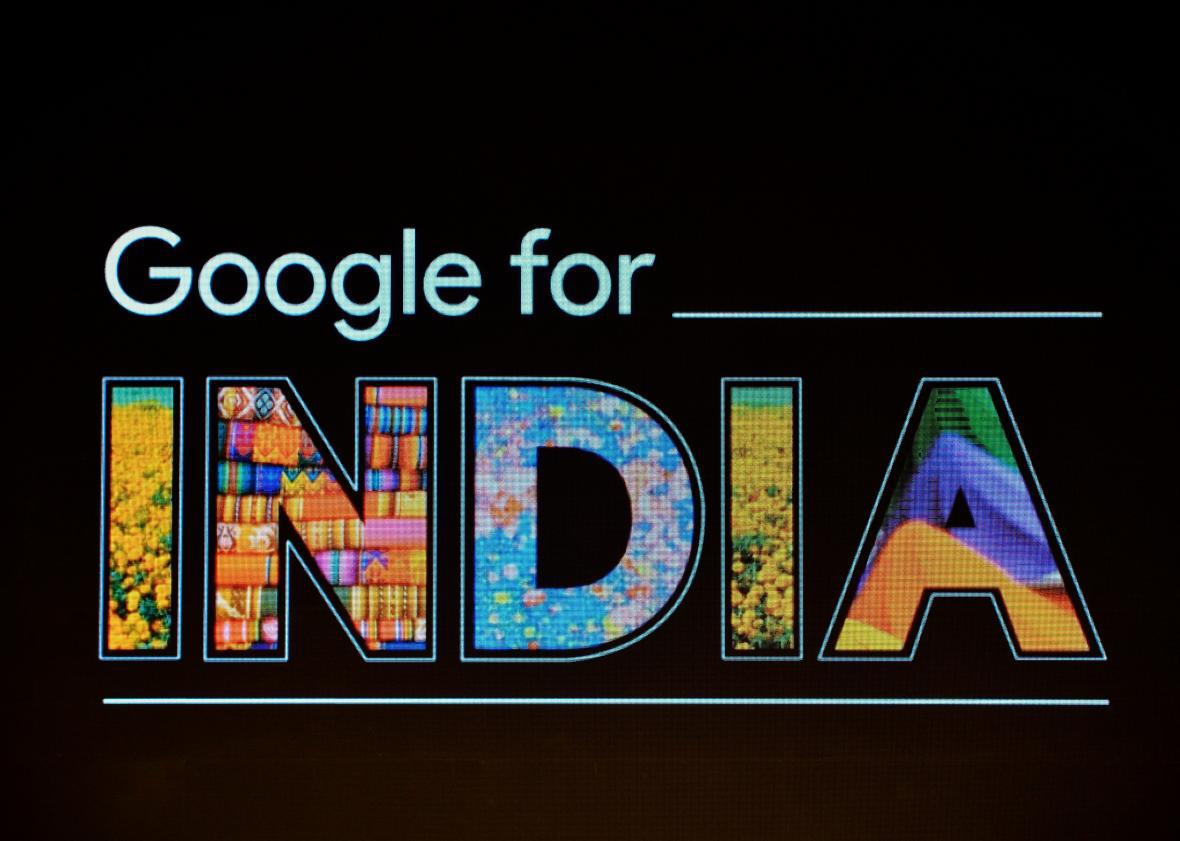Three major search engines have pledged to block information in India about sex determination services, which the country has outlawed to prevent sex-selective abortions.
Google, Yahoo, and Bing pledged to ban advertisements for these services, the Indian health ministry told the Indian Supreme Court on Monday. The high court was hearing a case against Google India, Yahoo India and Microsoft Corp. that was filed by a prominent Indian activist. The petitioner, George Sabu, a leading advocate fighting against female feticide, argued that search engines were violating Indian law by displaying advertising for sex determination services.
This is a change of heart for the search engines: In July, the Indian Supreme Court had ruled against the search engines, whose lawyers argued that banning ads that contained certain keywords would also affect other remotely related content.
Prenatal sex determination has been illegal in India since 1994 with the passage of the Pre-Conception and Prenatal Diagnostic Techniques Act, intended to address India’s gender crisis.
The search engine companies reportedly told the Indian court that they had identified 22 key words, including sex determination, which will now be less accessible to search.
“Keeping in mind the sensitivities attached to this issue and to ensure that technology is used in right earnest to curb this retrograde practice, we have decided to disable certain terms from appearing as autocomplete predictions as well as display a warning message on relevant searches to inform users of the unlawful nature of this subject,” a Google representative said in a statement to various news outlets.
Due to a cultural preference for males, millions of female babies have been illegally aborted in India. While exact data on sex-selective abortions is not available, a United Nations study from 2014 estimated that about 10 millions female fetuses were aborted between 1981 and 2001. A 2007 UNICEF report estimated that 7,000 female fetuses and babies are killed both in the womb and immediately after birth every day, and a 2015 report from the United Nations named India as the country with the second largest surplus of men, after China.
